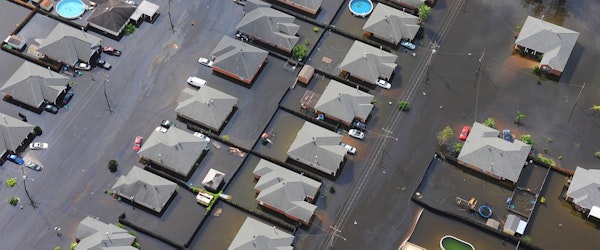
Understanding Hurricane Categories: Why Even "Weaker" Storms Can Be Dangerous
Monday, July 15th, 2024 Catastrophe Insurance Industry Risk Management TechnologyA troubling misconception persists among the public: viewing Category 1 hurricanes and tropical storms as insignificant threats. This misunderstanding can have dire consequences, as evidenced by recent storms. Hurricane Beryl, which weakened to a Category 1 before hitting Texas, still managed to cause extensive damage, knocking out power to 2.7 million people and resulting in eight deaths. Similarly, Tropical Storm Fay in 2008 caused widespread flooding in Florida despite its relatively weak classification.
The Saffir-Simpson Scale, introduced in 1973, measures hurricane strength based on wind speed, ranging from Category 1 to Category 5. However, focusing solely on this scale can be misleading. Factors such as storm size, speed, rainfall, and the affected area’s geography and infrastructure are equally critical. For instance, Hurricane Ida, a Category 4 storm, caused widespread devastation far beyond its initial impact zone due to its size and slow movement.
Craig Fugate, former FEMA director, stresses the importance of considering all aspects of a storm’s potential impact rather than just its category. Local weather information, available from the National Weather Service, provides more relevant details on expected wind speeds, flooding, and storm surges.
It is also vital not to rely solely on FEMA flood maps or the forecast cone. The "cone of uncertainty" shows the potential path of a storm’s center but not the extent of its winds. Understanding these nuances and preparing accordingly can mitigate the risks associated with hurricanes and tropical storms, no matter their classification.





